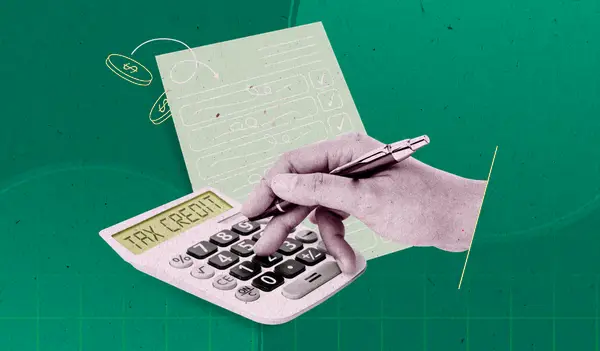Taxes can be especially confusing and complicated for small businesses. However, there are many tax deductions that small businesses can make, and being aware of them can help you save money that you can reinvest in your business. Talk to a small business tax professional today if you have any questions about tax deductions.
How do business tax deductions work?
Tax deductions lower the amount of taxes you have to pay the government as your tax return, which lowers your taxable income. It is always a good idea to get the help of a professional, such as a CPA, to figure out how you can deduct taxes. It is an accountant’s job to determine where deductions can be possible and how they can be applied to your small business.
What can be written off as business expenses?
Freelancers, entrepreneurs, and small business owners can write off a lot of business expenses when filing taxes. Some of them are:
- Car mileage and expenses
- Postage
- Rent, utilities, and other office expenses
- Office supplies like computers, certain software, etc
- Flights, hotels, rental cars, and other business-related travel expenses
- Health insurance premiums
- Parking for business trips
- Business phone bills
- Education courses
Tax deductions every business should know about
The most common small business tax deductions are:
- Business meals. Remember that the meals must be related to your business to qualify for deductions.
- Travel expenses related to work.
- Car use related to work.
- Business insurance.
- Home office expenses. Freelancers and home-based small businesses can qualify for tax deductions.
- Office supplies include pens, papers, printers, work-related software, computers, etc.
- Phone and internet expenses related to your business.
- Business interest and bank fees. Taxes can be deducted from the interest on business loans.
- Depreciation.
- Professionals service fees.
- Salaries and benefits of your employees.
- Charitable contributions.
- Education, such as courses, books, or seminars/webinars related to your work.
- Child and dependent care.
- Energy efficiency expenses.
- Investments.
- Foreign earned income exclusion if your tax home is based abroad.
- Medical expenses.
- Real estate taxes.
- Mortgage interest.
- Moving expenses.
- Retirement contributions.
- Advertisement and promotions of your business.
- Client and employee entertainment.
- Startup expenses and organizational costs.
Get the help of an expert today.
When filing your taxes, especially as a small business, you want to avoid mistakes as much as possible. Any kind of mistake can be detrimental to your business. It is always better to get the help of a tax expert to manage your finances and take care of taxes.



